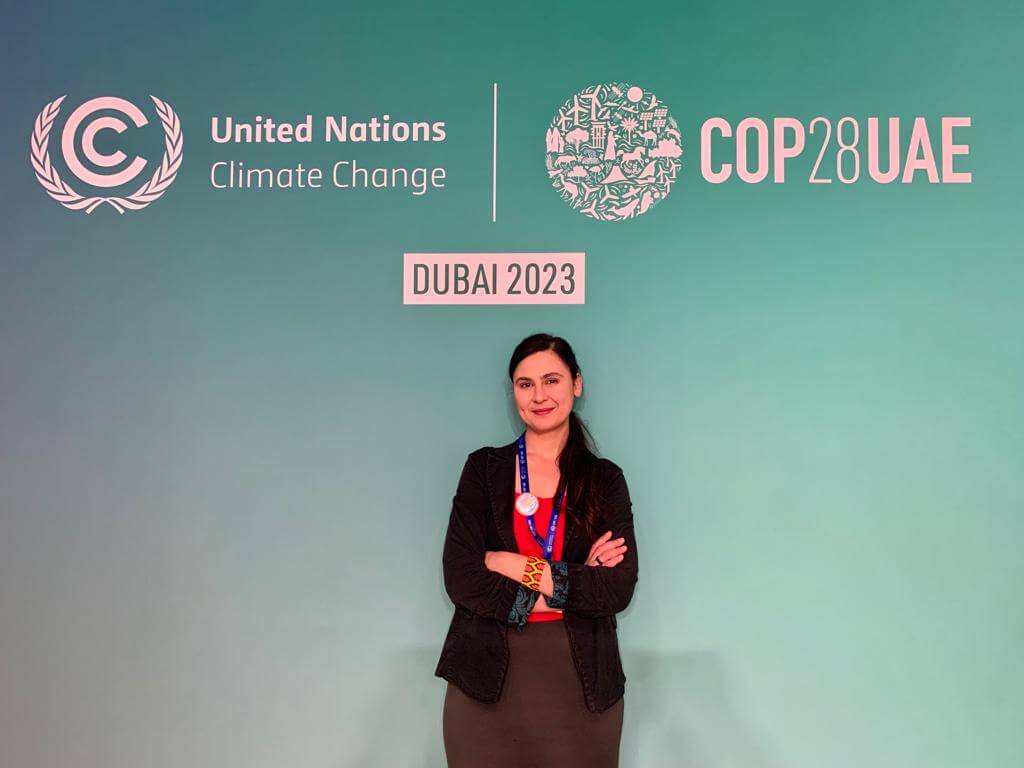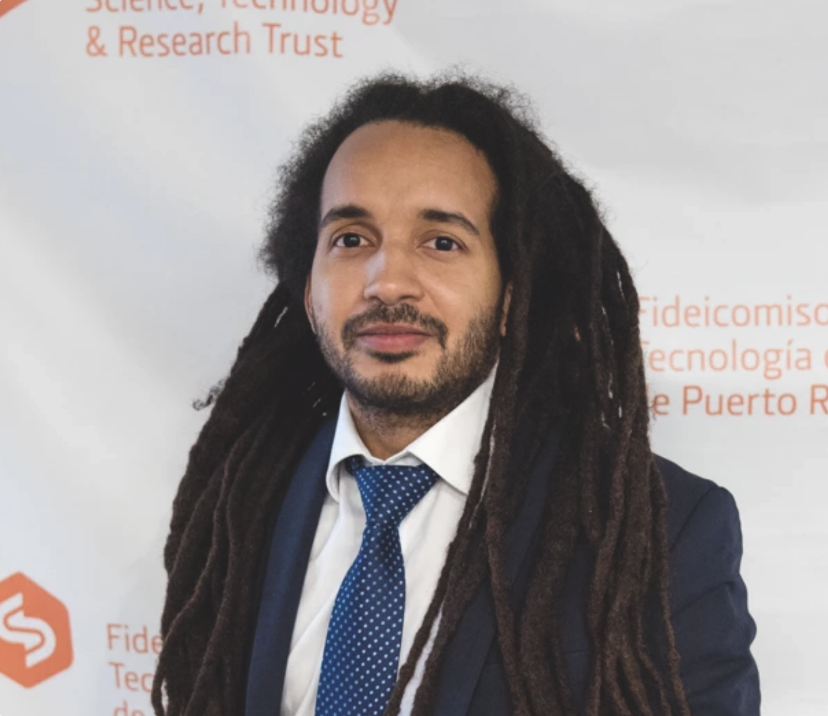Born in Anápolis, Goiás, in the Brazilian Midwest, Raisa Pina grew up witnessing the rapid expansion of JBS, from a family butcher shop in her hometown to the world’s largest meat corporation.
“Every time they opened another butchery, it was a topic of conversation in the city. There was even street art advocating for vegetarianism that played off the company’s former name, ‘Friboi’ — a mix of ‘slaughterhouse’ and ‘cow,’ which was turned into ‘free cow.’ It was everywhere I looked,” she recalls. “There’s even a family story that the founder of JBS started working on a farm owned by my great-grandfather.”
A key factor behind JBS’s rise was Brazil’s National Champions policy in the early 2000s, which incentivized the growth of large corporations. “It allowed the company to become the giant it is today,” Raisa explained. As a result, the rise of JBS became tied to the development of Brazil’s countryside and is often credited for helping shape the country’s economy. But Raisa found herself questioning: What does it mean to be a ‘National Champion’? Who truly benefits from it? Her curiosity led her to explore the factors behind such massive corporate growth and the social and economic implications it carries.
Through her research, Raisa uncovered a striking contrast between global and local narratives. On a global scale, JBS is seen as a success story of wealth and growth. But at the local level, she found evidence of another side of the story. While JBS’s profits increased, Brazil’s poverty and hunger rates were on the rise. This disparity is reflected within JBS itself. ‘We are talking about a very profitable company, but when we look at the workers producing this meat, we see terrible wages and poor work conditions.’
Raisa also began collaborating with NGOs to highlight another critical issue: industrial animal agriculture’s enormous environmental toll, particularly its contribution to deforestation. With such work, she is able to bring her perspective on the locality and her critical thinking to glocal articulation spaces, such as the United Nations Climate Change Conference.
Communicating for Change at Different Scales
A significant part of Raisa’s work is raising awareness of the complex relationships between large-scale industrial agriculture and its hidden social and environmental costs.
“It’s crucial to make people aware of where their food is coming from,” she explains. “Most people don’t know who the grower is or who is profiting from the food they consume. They’re also unaware of the economic and environmental impact associated with the choices that they make at supermarkets.” Raisa points out that products marketed as locally sourced may not be what they seem, citing a ‘British’ chicken company that’s actually owned by JBS, with foreign workforce, imported animal feed, and American genetics. “This is one of the effects of globalization — it dilutes origins, identities, and nationalities.”
Just like her research, Raisa’s communication efforts span both local and global contexts, using a multifaceted approach to drive change. There’s no one-size-fits-all solution to these complex problems. Effective strategies must involve multiple stakeholders, including industry, government, and consumers.
Her work includes advocating for international trade legislation to mitigate global social and environmental impact, promoting labor rights at the national level (including fair wages and better working conditions), and strengthening the traceability of cattle supply chains to raise consumer awareness locally.
Finding Support
Addressing these intersecting issues across multiple levels requires a strong support system and responsive, personalized feedback.
“I am very glad to be part of a civil society organization that works on many projects at levels.” she says. “It takes quite a village to drive change.”
Through her fellowship with Tiny Beam Fund, Raisa also received one-on-one coaching from COMPASS, which helped her refine her outreach strategy and tailor her messages to different audiences. “Even though I have a communications background, it’s a challenge to analyze your own narrative. The story is often complex, but time is limited, and audiences can be impatient,” she says. “COMPASS not only helped me improve my content but also helped shape it in ways that people could understand and connect with. Now, when I begin a seminar or presentation, I start by answering, ‘What’s your role in this?’ This helps my audience understand my expectations and engage more deeply with my message. It was a real gift to have this opportunity.”
Raisa’s research is a vital contribution to understanding the global meat industry, its environmental impact, and the deep social and economic inequalities that underpin it. Her work illuminates the often hidden systems that influence our food choices, challenging us to think critically about the connections between local and global issues — and the opportunities we have to address them at various levels.
About Raisa Pina
Raisa Ramos de Pina is a PhD candidate in Anthropology from the University of Brasília, Brazil. Her research focuses on Brazil’s meat industry and its connections to globalization, with interests in development, political economy, agribusiness, and elites.
Read Pina’s report here: Feeding Inequality: The Hidden Cost of Brazil’s Meat Industry Monopoly



